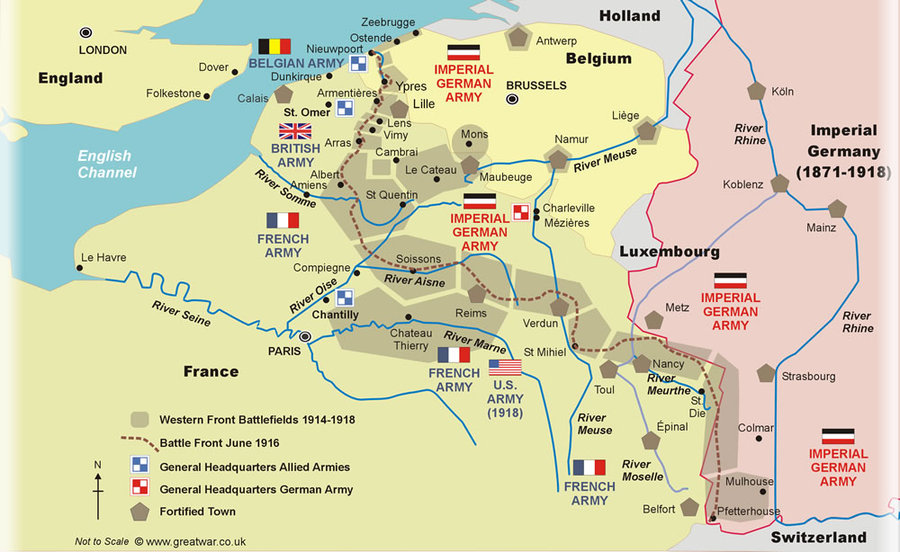The bottom line is that dropping the two bombs, which we really had no clue if they would work or what would be the result,
Actually, we knew they would work. Especially the Fat Man implosion bomb, as it was the exact same weapon that was code named "Gadget" that was tested at White Sands in July. That was the only one that was questionable and it worked perfectly when it was tested.



